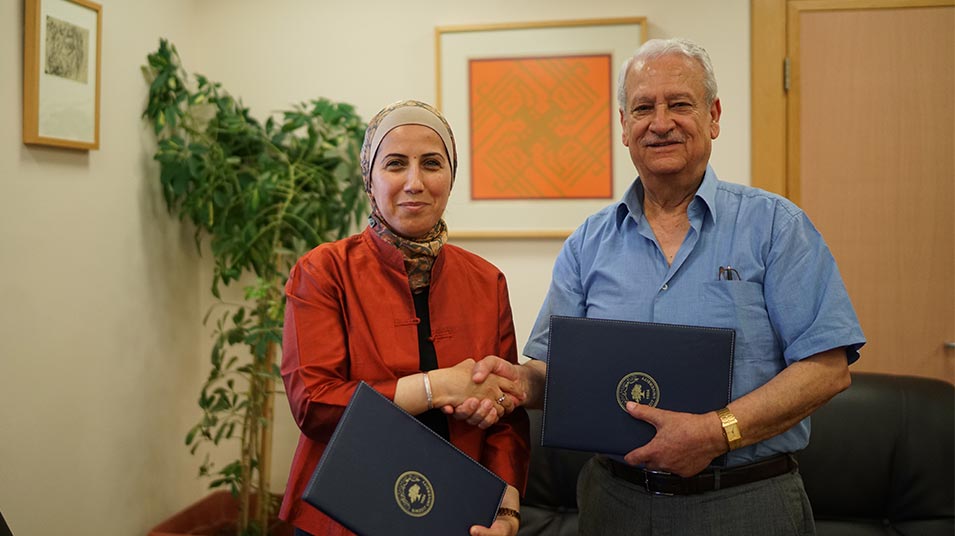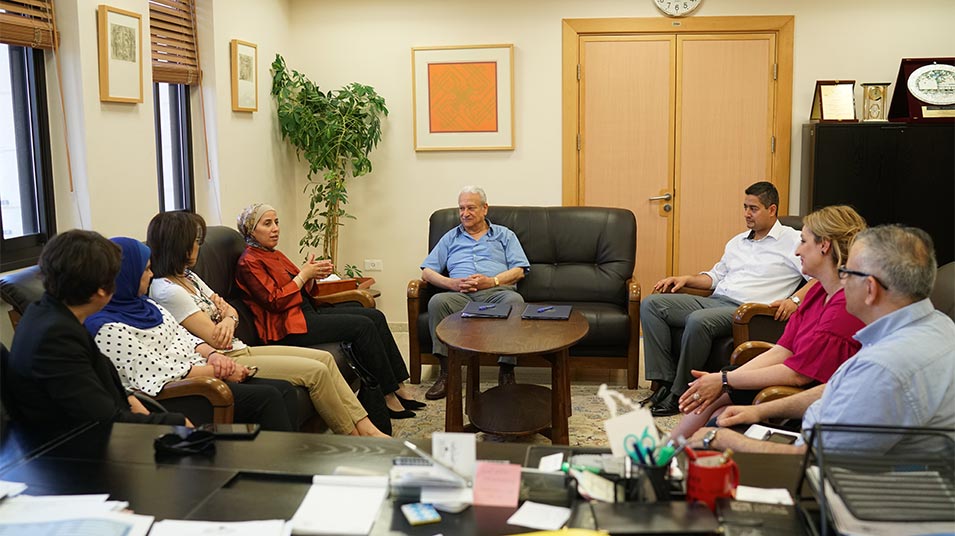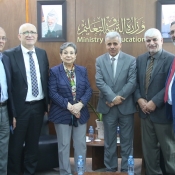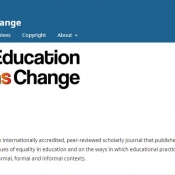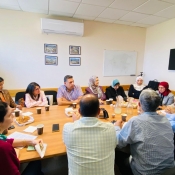University students to gain new competencies, better integration with their communities
Birzeit University, represented by President Dr. Abdullatif Abuhijleh, signed a memorandum of understanding with Diakonia, a Swedish development organization, represented by Dr. Safa Abu Assab, director of the Palestine Civil Society Development Program, on May 24, 2018. The agreement provides for supporting the Social Entrepreneurship learning station of the Leadership and Active Citizenship Program, “Masari.”
Attending the agreement signing ceremony were Vice President for Planning and Development at Birzeit University Dr. Mirvat Bulbul, Director of the Office of Grants and Contracts Dr. Amir Khalil, Assistant Business Administration Professor Dr. Samah Abu Assab, Assistant Director of the Public Relations Office Tina Rafidi, and representatives from the Innovation and Entrepreneurship Unit.
Abuhijleh applauded the efforts of Diakonia and highlighted the importance of cooperation with national and international organizations to support the university’s entrepreneurial role in the Palestinian community.
“The Leadership and Active Citizenship Program – ‘Masari’ – develops students’ life skills and integrates them into the society as agents of active development. It is overseen by the university’s professoriate and administration together with civil society organizations,” said Abdullatif.
Bulbul noted that the program’s aims are aligned with the university’s strategy, specifically in supporting entrepreneurship and encouraging innovation. The Social Entrepreneurship station, she added, serves as a summary of the program, as it encourages students to apply what they learned during the course of the program.
“We’ve established the Innovation and Entrepreneurship Unit to boost student engagement,” remarked Bulbul. “The unit sets in motion plans and strategies to develop, and apply, students’ projects and initiatives. This is part of the university’s commitment to establishing entrepreneurship as a lifestyle and as part and parcel of its culture.”
She further said that realizing the Social Entrepreneurship station would require creating partnerships with local, community-driven organizations, such as municipalities and local councils, and international United Nations and development institutions that operate in Palestine. Such organizations, she commented, would be able to support student initiatives as part of its programs and interventions, and follow-through with concrete application of those initiatives, led by Birzeit University’s students.
Abu Assab commended the efforts of Birzeit University in supporting the youth and encouraging them to innovate and create. She also emphasized the importance of investing in innovative ideas that support the Palestinian community, especially in light of the difficult circumstances that it faces.
She also mentioned Diakonia’s role in other fields, such as democracy, human rights, gender equality, and social and economic justice. She also noted that the Leadership and Active Citizenship Program figures prominently in building the personal capacities of students and raising their awareness of their ability to affect change and devise creative solutions to society’s problems.
The Student Leadership and Active Citizenship Program – “Masari” – is an innovative companion program that encourages university students to be active citizens and forward-looking leaders.
Through the program, the university’s different faculties, centers, and institutions all work hand-in-hand to provide students with a learning experience that creates an environment for entrepreneurship and innovation and engages students in the process of developing their communities. The program comprises six different learning stations offered through three-hour bi-weekly sessions of community-based activities.

